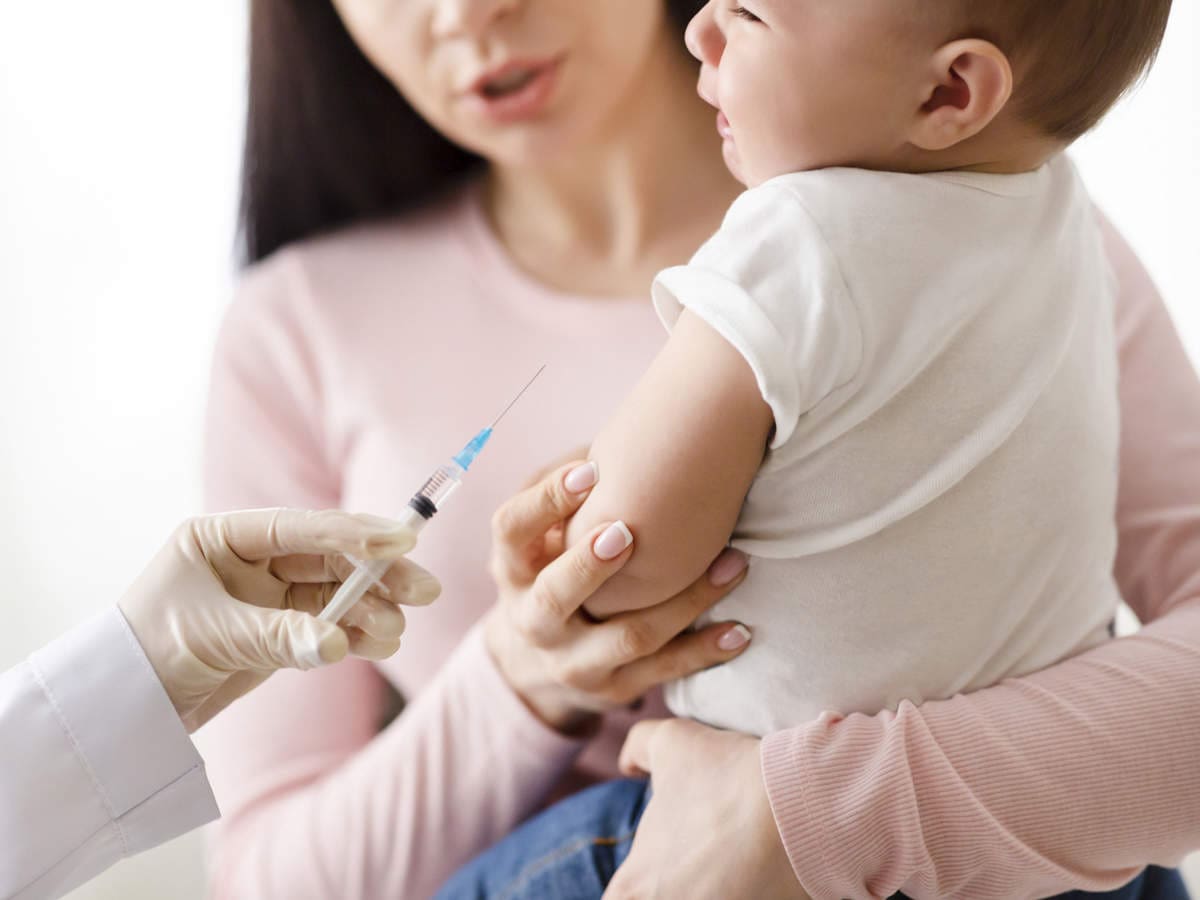

The Case Against Vaccinating Children Against Covid
As the push to vaccinate ever-younger children against COVID-19 continues, with the U.S. now even vaccinating infants as young as six months, new studies show why this is both unnecessary and risky, and why children and young people have very little to fear from Covid.
The large majority of children have now been infected with the virus. In the U.K., 82% of U.K. primary school children aged four to 11, almost none of whom are vaccinated, have detectable antibodies from a previous Covid infection, according to the ONS.
The ONS data do not directly tell us the proportion of children aged 12-18 who have antibodies from infection, as they do not distinguish between antibodies from infection and vaccination, and 65% of the age group are vaccinated. However, since 99.3% of secondary school children have detectable antibodies, there is no reason to suppose it will be less than 82%.
With almost all children now having been infected and so protected via natural immunity, there is little purpose to a vaccination or booster campaign.
But does protection from natural immunity last for children? According to a new study from Israel, it lasts very well. The pre-print study (not yet peer-reviewed) from the Delta period in Israel (July 1st to December 13th 2021) finds that children and adolescents previously infected “acquired durable protection against reinfection (symptomatic or not) with SARS-CoV-2 for at least 18 months”.
Protection of individuals aged five to 18 against symptomatic Covid was 93.6% in the first six months, declining gently to around 70% after 18 months (see below).


While the study doesn’t cover Omicron, which has greater immune evasion than earlier variants, a recent study from Qatar found that natural immunity in a young population persisted at over 50% for at least a year, whereas vaccine protection declined to zero or below (i.e., the vaccine made a person more likely to be infected) within six months.


With or without natural immunity, Covid is an extremely low risk to children. Notably, none of the 458,959 five to 18 year-olds in the Israeli study died with Covid, whether they had been previously infected or not.
A recent U.K. Government study by the UKHSA looked at all under-20s who had died with Covid up to the end of 2021. It found 185 deaths within 100 days of a positive PCR test, of which fewer than half – 81, 43.8% – were actually due to COVID-19 as the underlying cause of death. Of those, more than three quarters – 61, 75.3% – had an underlying condition, including 27 with severe neurodisability and 12 with compromised immunity. This left just 20 deaths in healthy under-20 year-olds in the first two years of the pandemic, comprising just 0.3% of all the 6,790 deaths in the age group.
The authors estimated the Covid infection fatality rate in under-20s to be 0.0007% – but this includes those with underlying conditions. For healthy under-20s it would be a quarter of that, or less than 0.0002%, which is two in a million.
By contrast, a recent study in France found that as many as 170 per million young people were hospitalised with severe heart inflammation following Covid vaccination. That rate is around two orders of magnitude (i.e., 100 times) higher than the IFR of COVID-19. It means that for every life the Covid vaccines save (assuming they prevent 100% of Covid deaths, which they don’t), up to 100 young people are hospitalised with severe myocarditis, the long-term prognosis of which is unknown. And that’s just one side-effect.
How can such a risk-benefit profile be worth it for children and young people?
What about Long Covid – do vaccines protect children and young people from having debilitating, ongoing Covid symptoms, as is sometimes claimed?
A number of studies have found that compared to a control group, and when Covid is identified by the presence of antibodies, there is little evidence that those who suffer from COVID-19 go on to suffer more long-term effects. But even if they do, there is also no evidence that vaccines prevent Long Covid, with one recent large U.S. study finding “no significant difference in the risk of… any long-Covid feature”.
There is also, of course, no evidence the vaccines prevent infection for very long at all.
Thus however you look at it, it’s hard to see how there can be any justification for vaccinating children and young people against COVID-19, which is unnecessary and risky, and brings no clear benefit whatsoever.







